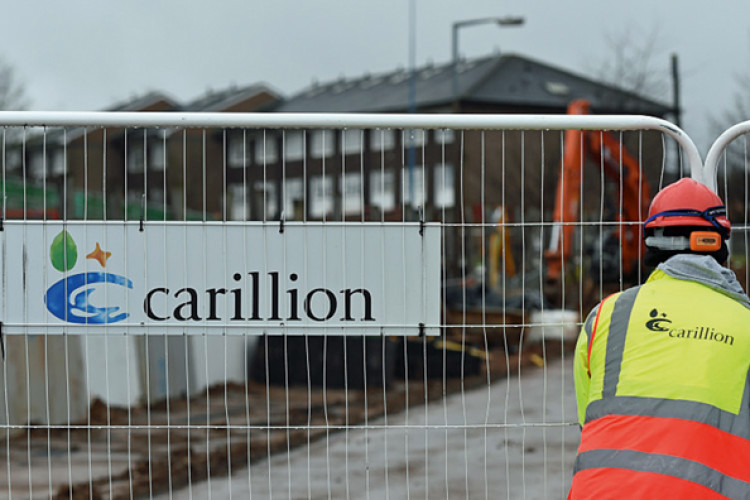The Official Receiver, acting as liquidator on behalf of Carillion’s creditors, alleges that KPMG failed in its duties as auditor to spot misstatements in Carillion’s accounts in the run-up to its January 2018 collapse.
The focus of the £1.3bn negligence claim is on the value of major long-term construction contracts that were not properly accounted for in any of the 2014, 2015 or 2016 audits, resulting in misstatements in excess of £800m within Carillion’s financial statements. These include the Royal Liverpool Hospital, the Southmead Hospital redevelopment, the Aberdeen ring road, works at Gatwick and Stansted airports, and other major projects in the UK and overseas.
In its defence KPMG says, in short, that any issues with the audits are down to Carillion directors concealing information.
In its latest filing, the Official Receiver says this doesn’t wash.
“KPMG’s allegation that the true position on construction contracts was deliberately concealed from it by the withholding and/or doctoring of documents and information by the claimants is largely unparticularised, and the limited particulars provided do not support KPMG’s case,” the Official Receiver says.
“Any reasonably competent auditor would have detected the misstatements from the substantial volume of audit information that was provided to KPMG and would have requested and obtained different and/or further audit evidence properly directed towards the relevant criteria for the recognition of revenue and costs.”
A Carillion spokesperson said: “The Official Receiver is pursuing this claim in the interests of creditors who lost substantially in the liquidation. Carillion’s reply [to KPMG’s defence] responds to contentions made in KPMG’s defence, as well as stating that in some notable instances, KPMG has failed to respond to material aspects of Carillion’s case. In particular, KPMG failed to respond to Carillion’s allegations in respect of KPMG’s failure to properly audit the accounting of 20 significant construction contracts, including multi-million pound contracts such as the Battersea Power Station and the Msheireb Downtown Doha project in Old Doha, Qatar. Carillion claims that the value of these two contracts alone in the year ending 2016 was misstated by £351.9m, and that had KPMG acted as a reasonably competent auditor, it would have detected these misstatements (amongst others).

“Notably, since Carillion filed its particulars of claim, following an investigation by the Financial Reporting Council (FRC), the independent Disciplinary Tribunal also made findings of misconduct by KPMG and (amongst others) Mr Peter Meehan, the partner responsible for KPMG’s audit of Carillion, in relation to the provision of false and misleading information and documents in connection with the FRC’s Audit Quality Review of KPMG’s audit of Carillion. Carillion’s reply also relies on certain evidence relied on in those proceedings.”
Carillion went into liquidation with £29m of cash and liabilities of nearly £7bn. This included a pension liability of around £2.6bn. Carillion also owed around £2bn to 30,000 suppliers, subcontractors and other short-term creditors.
In March 2017, Carillion reported underlying profit from operations of £236m for the 2016 financial year. But in July and September 2017, Carillion announced total write-downs of £1.045bn, a sum equivalent to the previous seven years’ profits combined. The write-downs exceeded the market capitalisation of Carillion and are amongst the largest in UK corporate history.
KPMG was Carillion’s auditor for 19 years, earning a total of £29m for its audit work. Over that period, the firm never qualified its audit opinion.
The Official Receiver, as Carillion’s liquidator, is obliged to investigate the causes of the company’s failure. It also has a duty under the Insolvency Act to realise the company’s assets for the benefit of creditors.
A KPMG UK spokesperson said: “We believe this claim is without merit and we will robustly defend the case. Responsibility for the failure of Carillion lies solely with the company’s board and management, who set the strategy and ran the business.”
Got a story? Email news@theconstructionindex.co.uk



